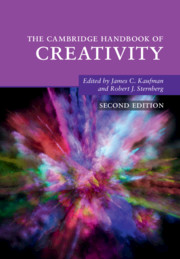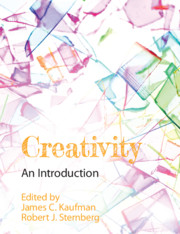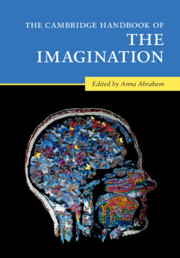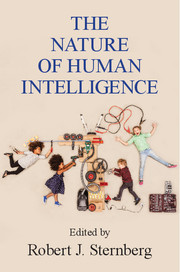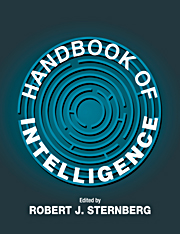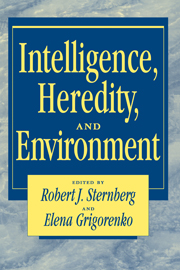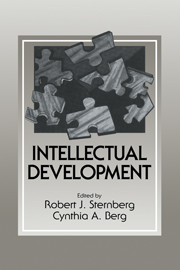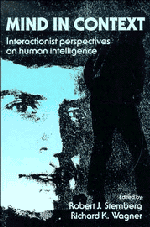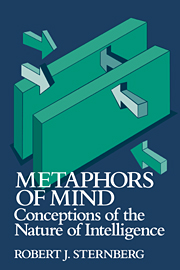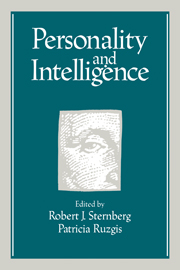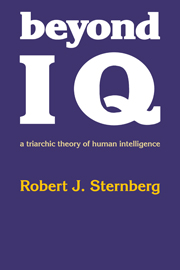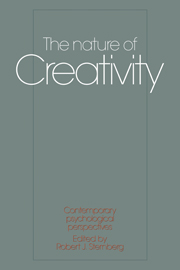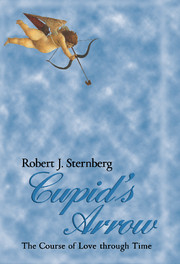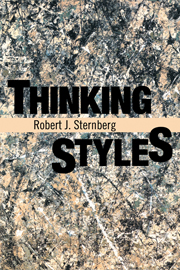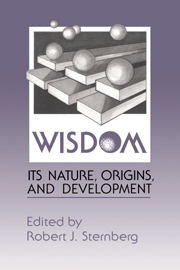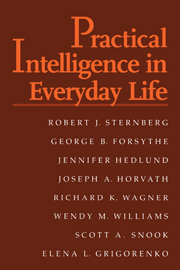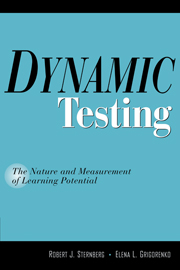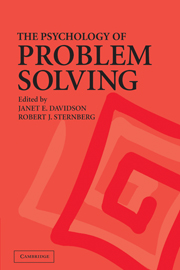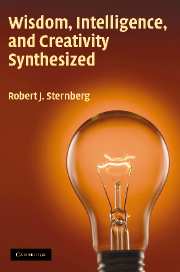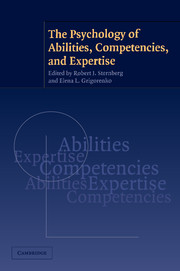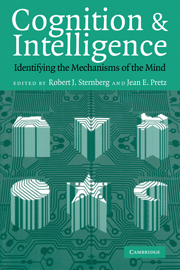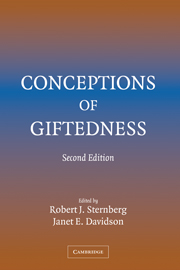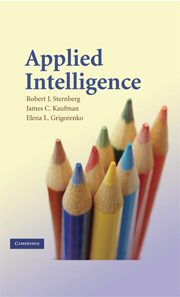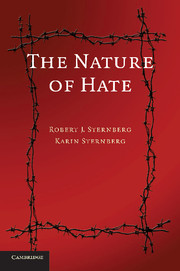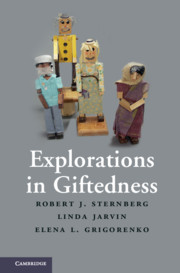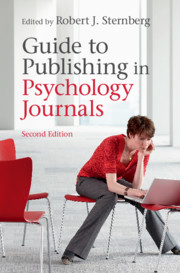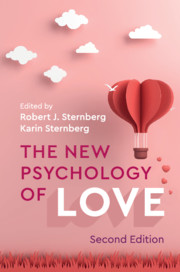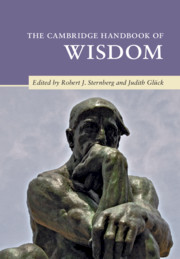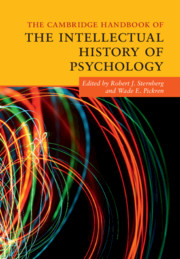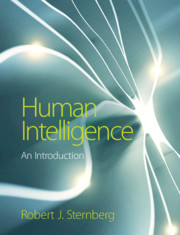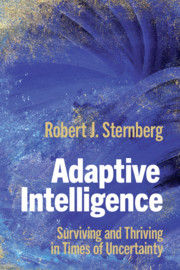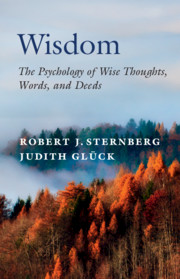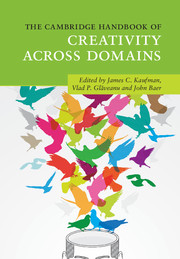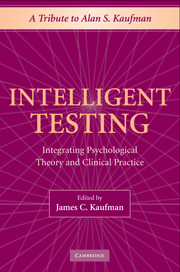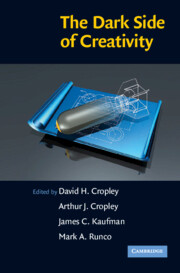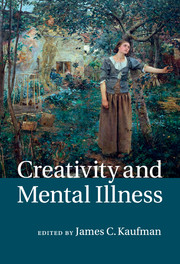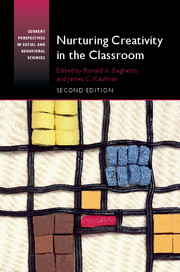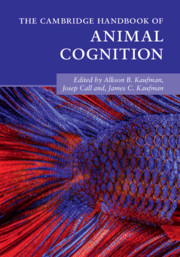The Cambridge Handbook of Creativity
2nd Edition
NZD$323.95 inc GST
Part of Cambridge Handbooks in Psychology
- Editors:
- James C. Kaufman, University of Connecticut
- Robert J. Sternberg, Cornell University, New York
- Date Published: April 2019
- availability: Available
- format: Hardback
- isbn: 9781107188488
NZD$
323.95
inc GST
Hardback
Other available formats:
Paperback, eBook
Looking for an inspection copy?
Please email [email protected] to enquire about an inspection copy of this book
-
This second edition of the renowned Cambridge Handbook of Creativity expands on the first edition with over two thirds new material reaching across psychology, business, entrepreneurship, education, and neuroscience. It introduces creativity scholarship by summarising its history, major theories and assessments, how creativity develops across the lifespan, and suggestions for improving creativity. It also illustrates cutting-edge work on genetics and the neuroscience of creativity, alongside creativity's potential for both benevolence and malevolence. The chapters cover the related areas of imagination, genius, play, and aesthetics and tackle questions about how cultural differences, one's physical environment, mood, and self-belief can impact creativity. The book then examines the impacts on creativity of behaviour by teachers, managers, and leaders in particular.
Read more- Incorporates a variety of ideas from psychology, business, entrepreneurship, education, economics and neuroscience
- Analyses creativity from multiple perspectives, including both individual and environmental perspectives
- Examines the biological, cognitive, emotional, and motivational underpinnings of creativity
Reviews & endorsements
'Three quarters of a century ago, creativity was hardly on the radar screen for social science. Today, thanks to the contributions in this handbook, any energetic reader can survey the remarkable progress that's been made on many fronts.' Howard Earl Gardner, John H. and Elisabeth A. Hobbs Professor of Cognition and Education, Harvard Graduate School of Education, Massachusetts
See more reviews'Somewhat to my surprise, and very much to my fascinated delight, I have found that the second edition of The Cambridge Handbook of Creativity, has explained me to myself. This is a remarkably rich and nuanced book, which will benefit my own work. I return to my writing desk enlightened and expanded.' Robert Olen Butler, Francis Eppes Distinguished Professor, Florida State University, USA, and winner of the Pulitzer Prize for Fiction (1993) and the F. Scott Fitzgerald Award for Outstanding Achievement in American Literature (2013)
'Each and every chapter provides a concise contemporary summary of research by leaders in the field. The Cambridge Handbook of Creativity, second edition, is a must read for anyone doing research on the topic of cognitive abilities. It is ideal reading for an advanced undergraduate or graduate-level seminars on intelligence.' Andrew R. A. Conway, Claremont Graduate University, California
'In light of the ever-changing landscape of interest in the study, evolution, understanding, and application of creativity and creative thinking, this volume is not only valuable as a foundational textbook, it is a wonderful and vital resource for researchers, specialists, and professional development program developers. Its approach answers the 'who, what, where, why, and how?' of it all, while delivering impressive scholarly and timely research in the field. This book is a must-have!' Luanne E. Witkowski, Instructor for the Critical and Creative Thinking Graduate Program, University of Massachusetts
'In short, if you are limited to a single recent book about the psychology of creativity, the present Handbook is absolutely the one to check out.' Aaron Kozbelt, Academic Studies Press
Customer reviews
Not yet reviewed
Be the first to review
Review was not posted due to profanity
×Product details
- Edition: 2nd Edition
- Date Published: April 2019
- format: Hardback
- isbn: 9781107188488
- length: 778 pages
- dimensions: 261 x 181 x 47 mm
- weight: 1.57kg
- contains: 9 b/w illus. 13 tables
- availability: Available
Table of Contents
An introduction to the second edition: divergences and some convergences James C. Kaufman and Robert J. Sternberg
Part I. An Introduction to Creativity
Section 1. The Nature of Creativity:
1. Creativity: a historical perspective Vlad P. Glăveanu and James C. Kaufman
2. A review of creativity theories: what questions are we trying to answer? James C. Kaufman and Vlad P. Glăveanu
3. Assessment of creativity Jonathan A. Plucker, Matthew C. Makel and Meihua Qian
4. Understanding the development of creativity across the lifespan Anna N. N. Hui, Mavis W. J. He and Wan Chi Wong
5. Enhancing people's creativity Robert J. Sternberg
Part II. Underpinnings of Creativity
Section 1. Biological Underpinnings:
6. Evolutionary approaches to creativity Aaron Kozbelt
7. The genetic basis of creativity: a multivariate approach Baptiste Barbot and Henry Eff
8. Neuroscience of creativity Oshin Vartanian
Section 2. Cognitive Underpinnings of Creativity:
9. Creative cognition Thomas B. Ward and Yuliya Kolomyts
10. Creativity and cognitive control Mathias Benedek and Emanuel Jauk
11. Divergent thinking Mark A. Runco and Selcuk Acar
Section 3. Affective Underpinnings of Creativity:
12. In the mood for creativity Matthijs Baas
13. Emotions and creativity: from process to person and product Zorana Ivcevic and Jessica Hoffmann
14. Creativity and mental illness Shelley H. Carson
15. Creativity and healing Marie Forgeard
Part III. Differential Bases for Creativity
Section 1. Individual Differences in Creativity:
16. The relation of creativity to intelligence and wisdom Robert J. Sternberg, James C. Kaufman and Anne M. Roberts
17. The function of personality in creativity: updates on the creative personality Gregory J. Feist
18. Motivation and creativity Beth A. Hennessey
19. Creative self-beliefs Maciej Karwowski, Izabela Lebuda and Ronald A. Beghetto
Section 2. Environmental Differences in Creativity:
20. Cultural perspectives on creativity Todd Lubart, Vlad P. Glăveanu, Henrie de Vries, Ana Camargo and Martin Storme
21. Eastern-Western views of creativity Weihua Niu
22. Creativity's role in society Dean Keith Simonton
23. The physical environment and creativity: a theoretical framework Jan Dul
Part IV. Creativity in the World
Section 1. Collaborative Creativity:
24. Improving creativity in organizational settings: applying research on creativity to organizations Roni Reiter-Palmon, Kevin S. Mitchell and Ryan Royston
25. Leading for creativity: a tripartite model Michael D. Mumford, Robert Martin, Samantha Elliott and Tristan McIntosh
26. Individual and group creativity R. Keith Sawyer
Section 2. Contexts for Creativity:
27. Creativity in classrooms Ronald A. Beghetto
28. Play and creativity Sandra W. Russ and Ellen A. Doernberg
29. The creative city Richard Florida
30. Creativity's role in everyday life Katherine N. Cotter, Alexander P. Christensen and Paul J. Silvia
Section 3. Manifestations of Creativity:
31. Creative genius Dean Keith Simonton
32. Creativity and malevolence: past, present and future David H. Cropley and Arthur J. Cropley
33. Creativity and aesthetics Pablo P. L. Tinio
34. Imagination is the seed of creativity Rebecca J. M. Gotlieb, Elizabeth Hyde, Mary Helen Immordino-Yang and Scott Kaufman
35. What is and what can be: the scope and possibilities of creativity and creativity research James C. Kaufman, Vlad P. Glăveanu and Robert J. Sternberg
Sorry, this resource is locked
Please register or sign in to request access. If you are having problems accessing these resources please email [email protected]
Register Sign in» Proceed
You are now leaving the Cambridge University Press website. Your eBook purchase and download will be completed by our partner www.ebooks.com. Please see the permission section of the www.ebooks.com catalogue page for details of the print & copy limits on our eBooks.
Continue ×Are you sure you want to delete your account?
This cannot be undone.
Thank you for your feedback which will help us improve our service.
If you requested a response, we will make sure to get back to you shortly.
×
